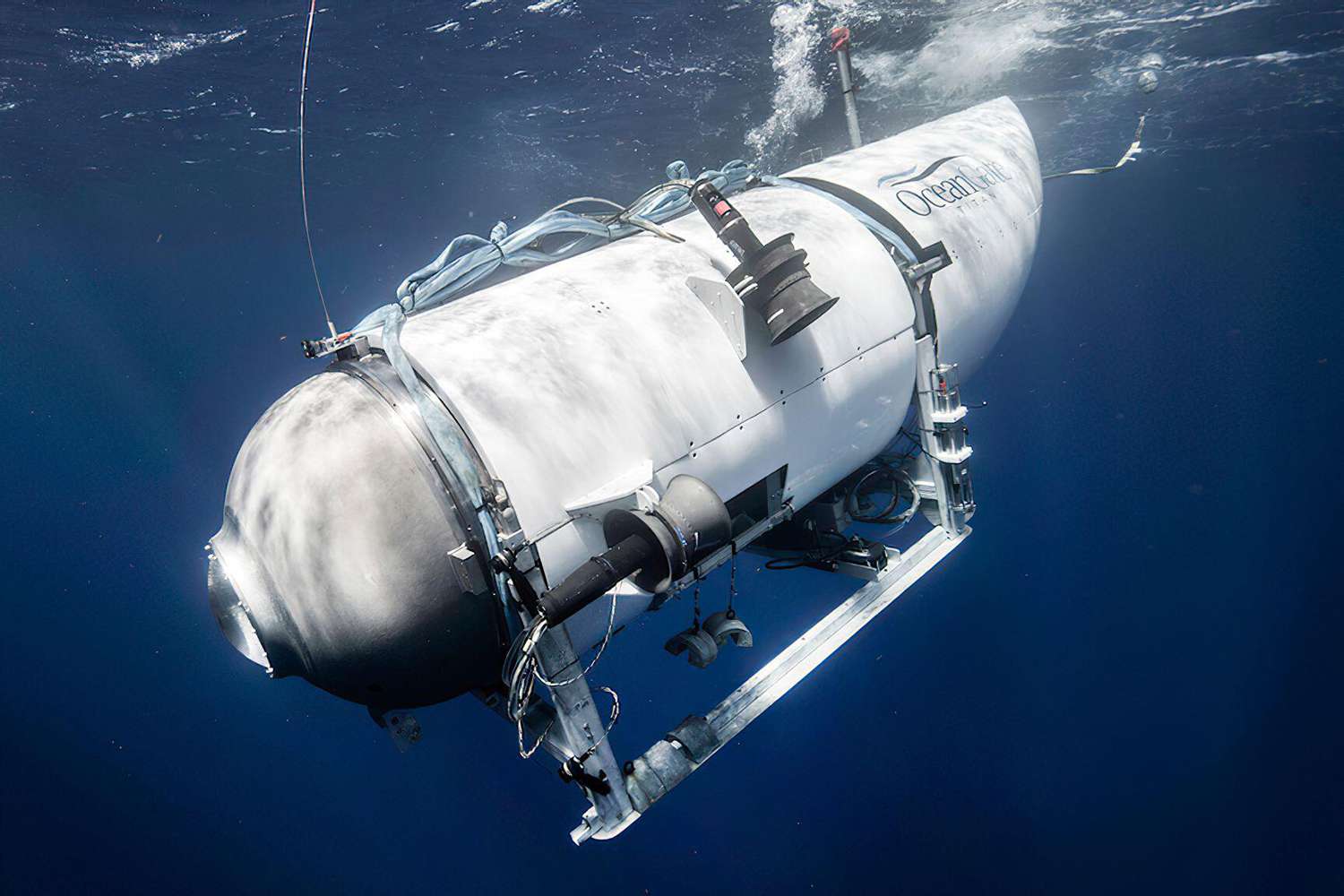










A multinational search for five individuals who descended to view the sunken R.M.S. Titanic has concluded with a tragic outcome, according to the U.S. Coast Guard. The search effort, which captivated the world, came to a sombre end after pieces of the submersible vessel that carried the explorers were discovered on the ocean floor, indicating a “catastrophic implosion” with no survivors.
The incident occurred in a remote area of the North Atlantic, approximately 900 miles off Cape Cod, Massachusetts. The 22-foot watercraft, named Titan and owned by ‘OceanGate Expeditions, lost contact with its parent ship just two hours into its voyage on Sunday. The subsequent search involved extensive resources and raised concerns about the safety protocols employed by adventure tourism companies.
Among those presumed dead were Stockton Rush, the 61-year-old CEO of OceanGate Expeditions, Hamish Harding, a 58-year-old British explorer, Paul-Henri Nargeolet, a 77-year-old French maritime expert, Shahzada Dawood, a 48-year-old British businessman, and his 19-year-old son, Suleman Dawood, a university student.
“Our thoughts are with the families and making sure they have an understanding, as best as we can provide, of what happened,” Rear Adm. John Mauger, commander of the First Coast Guard District, said at a news conference in Boston. “It is a complex case to work through, but I’m confident those questions will begin to get answered.”
The search initially raced against time to reach the area where Titan had descended before its oxygen supply ran out. The discovery of banging noises underwater on Wednesday had briefly raised hopes of potential survival, but those hopes were dashed on Thursday when evidence of the vessel’s destruction was found over two miles below the ocean surface. The tail cone of the Titan and two broken ends of its pressure hull were located on the sea floor, approximately one-third of a mile from the Titanic wreckage, indicating a catastrophic loss of the submersible’s pressure chamber.
Underwater sensors also detected readings consistent with an explosion or implosion shortly after the loss of contact. Despite the grim indications, the mission was treated as an ongoing search and rescue operation until conclusive evidence of the passengers’ fate was obtained.
The multinational response to the search involved French, British, and Canadian ships, equipped with advanced search-and-rescue technology. However, the vast distance to the site delayed their arrival. Although there is no evidence of a collision with the Titanic wreckage causing the implosion, concerns were raised about the safety of the carbon-fiber composites used in Titan’s construction, which were not designed for extreme ocean pressures.
OceanGate Expeditions faced criticism from industry peers for potential safety risks associated with its expeditions. In 2018, experts in the field warned the company about potential catastrophic problems resulting from its experimental approach. Filmmaker James Cameron, renowned for his expertise and film on the Titanic, criticized OceanGate for neglecting safety certifications and endangering paying passengers.
The tragic incident has left the question of recovering the victims’ bodies unanswered, considering the challenges posed by the harsh underwater environment. The international community expressed condolences for the loss of the explorers and their families.
“These men were true explorers who shared a distinct spirit of adventure, and a deep passion for exploring and protecting the world’s oceans,” OceanGate Expeditions said in a statement. “Our hearts are with these five souls and every member of their families during this tragic time.”
OceanGate Expeditions, founded in 2009, aimed to expand access to deep-sea exploration and offered exclusive tours to the Titanic wreckage for a hefty price. Despite the risks involved, individuals with a passion for adventure and financial means were enticed by the rare experience.
The multinational search for the missing individuals who ventured to view the sunken Titanic has ended in tragedy. The grim discovery of the submersible’s debris on the ocean floor has shattered hopes of survival and raised concerns about the safety standards in high-risk adventure tourism









